Graduate Student Affiliates of the Chicago Center on Democracy
The Chicago Center on Democracy’s Graduate Student Affiliates network is a group of graduate students at the Masters and PhD levels at the University of Chicago who share research interests in topics related to democracy. They meet regularly to discuss and refine ideas on relevant topics. If you are interested in becoming a Graduate Student Affiliate, please click the button below.
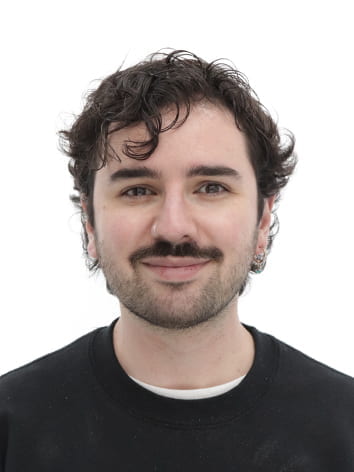
Alejandro Sarria
Masters student, Computational Social Sciences
My main research area is how political actors behave in online spaces. Particularly, I’m interested in how language related to morality and emotion is used online by political elites to influence individual behavior toward certain outcomes like information spread, radicalization, hate campaigns an so on. My current work explores how language related to disgust is used to drive opposition against political leaders from ethnic minorities in Latin America.
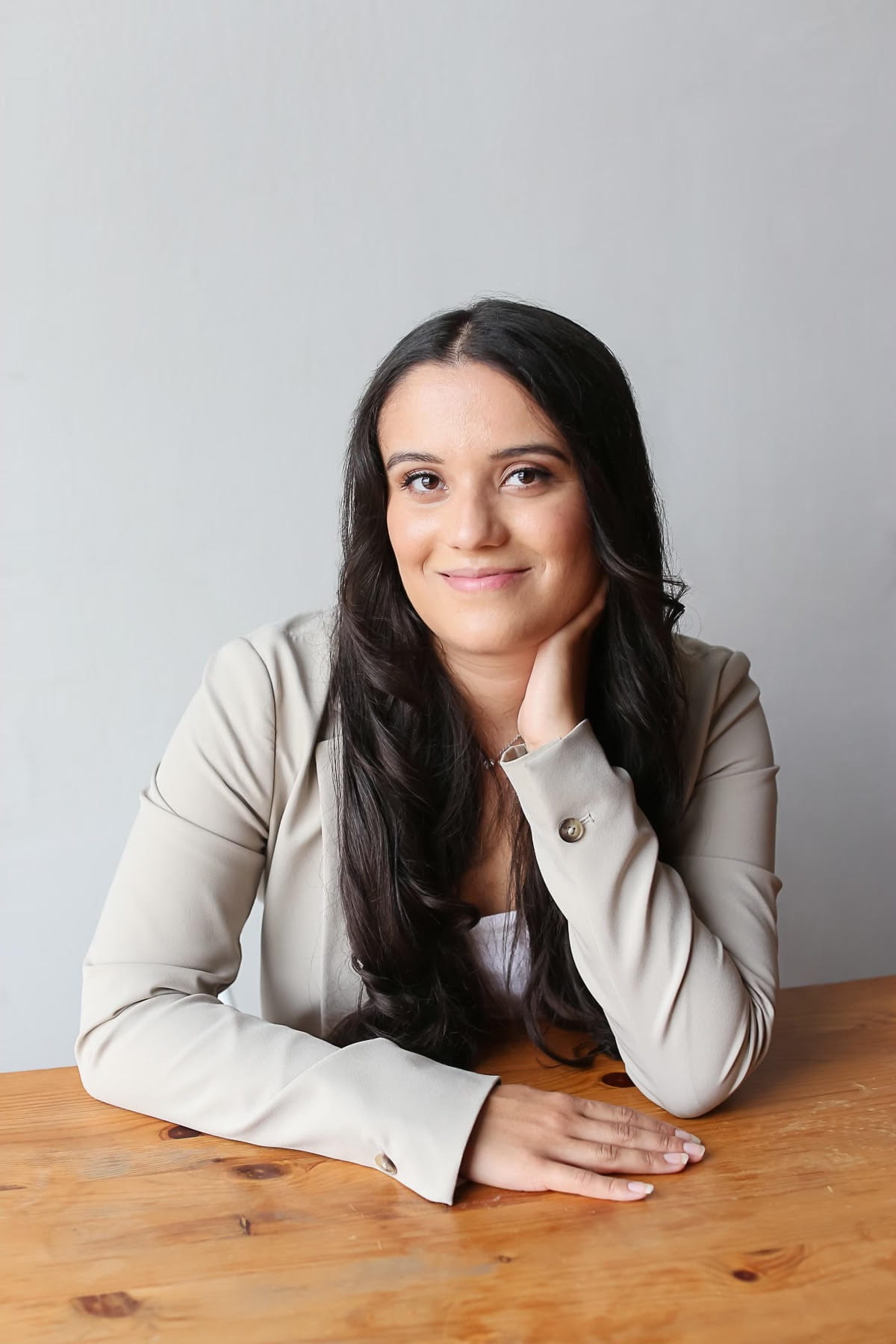
Alexa Traboulay
Masters student, Social Sciences
My research interests broadly lie at the nexus of radicalization studies and identity politics, with a focus on the racist and xenophobic undertones of contemporary populist movements. I am especially interested in studying the democratic implications of rising right-wing extremism and white nationalism in the United States. In my MA thesis, I intend to explore how right-wing extremism has impacted democratic norms of egalitarianism and by extension, discrimination against immigrant communities.
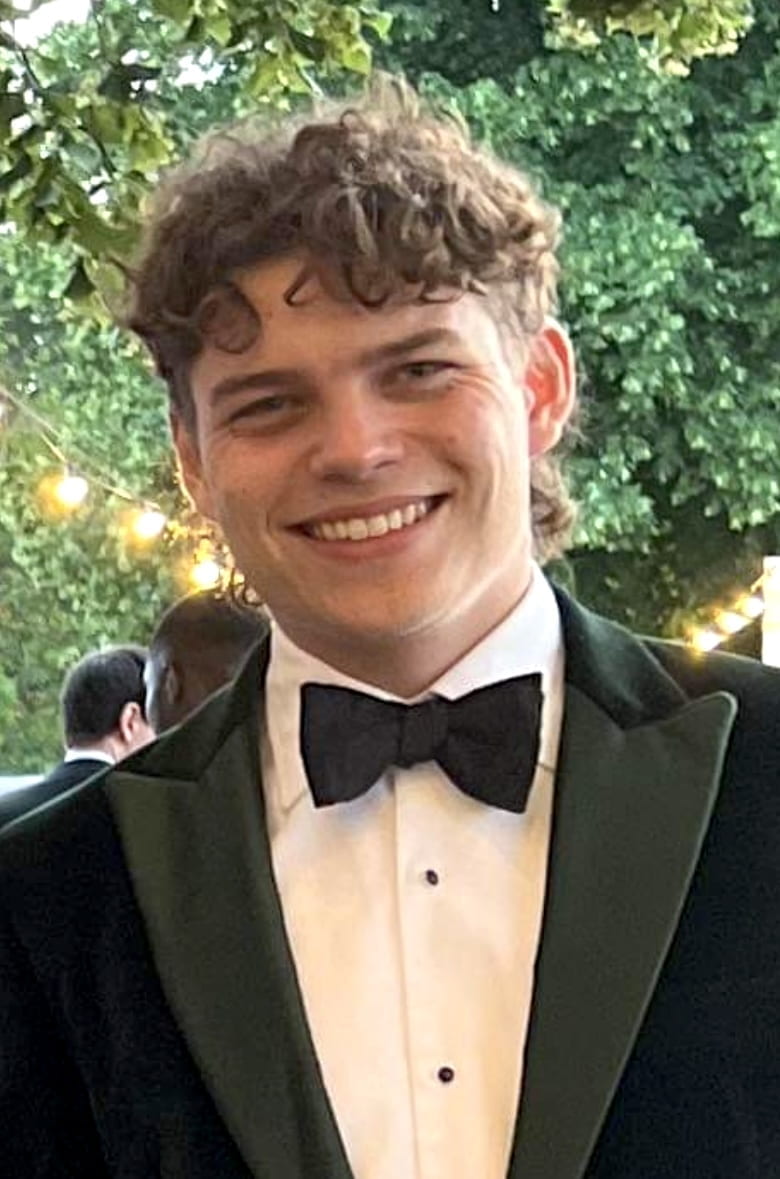
Alexander Bourne
Masters student, Social Sciences
My interests centre around modern Zimbabwean politics. My previous research has explored ecumenical political action since independence. Currently, I am researching how civil society groups operate in the country. In particular, I am exploring the digital strategies of these organisations. My overarching conceptual concerns involve the intersection of the digital and political realms.
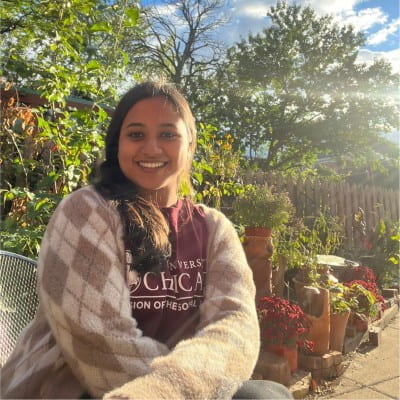
Bhavya Pandey
Masters student, MACSS-Econ
Against India’s aspiration for development by 2047, the historical underrepresentation of women in legislative bodies prompts a critical examination. I aim to delve into the nuanced dynamics of descriptive and substantive representation, questioning whether increasing the number of women legislators translates into effective advocacy for women’s issues. Methodologically, I wish to leverage natural language processing techniques, building on established methodologies in economic research and political science, and employ machine learning techniques for causal inference. I aspire to unravel the intricate relationship between gender identity, legislative participation, and issue advocacy. Contributing to contemporary political-economic discourse aims to inform governance practices and promote inclusive and responsive decision-making. The findings may offer valuable insights into the potential implications of the proposed constitutional amendment, shaping the trajectory of women’s representation in India’s democratic processes as well as their impact on the trajectory towards equitable economic development.
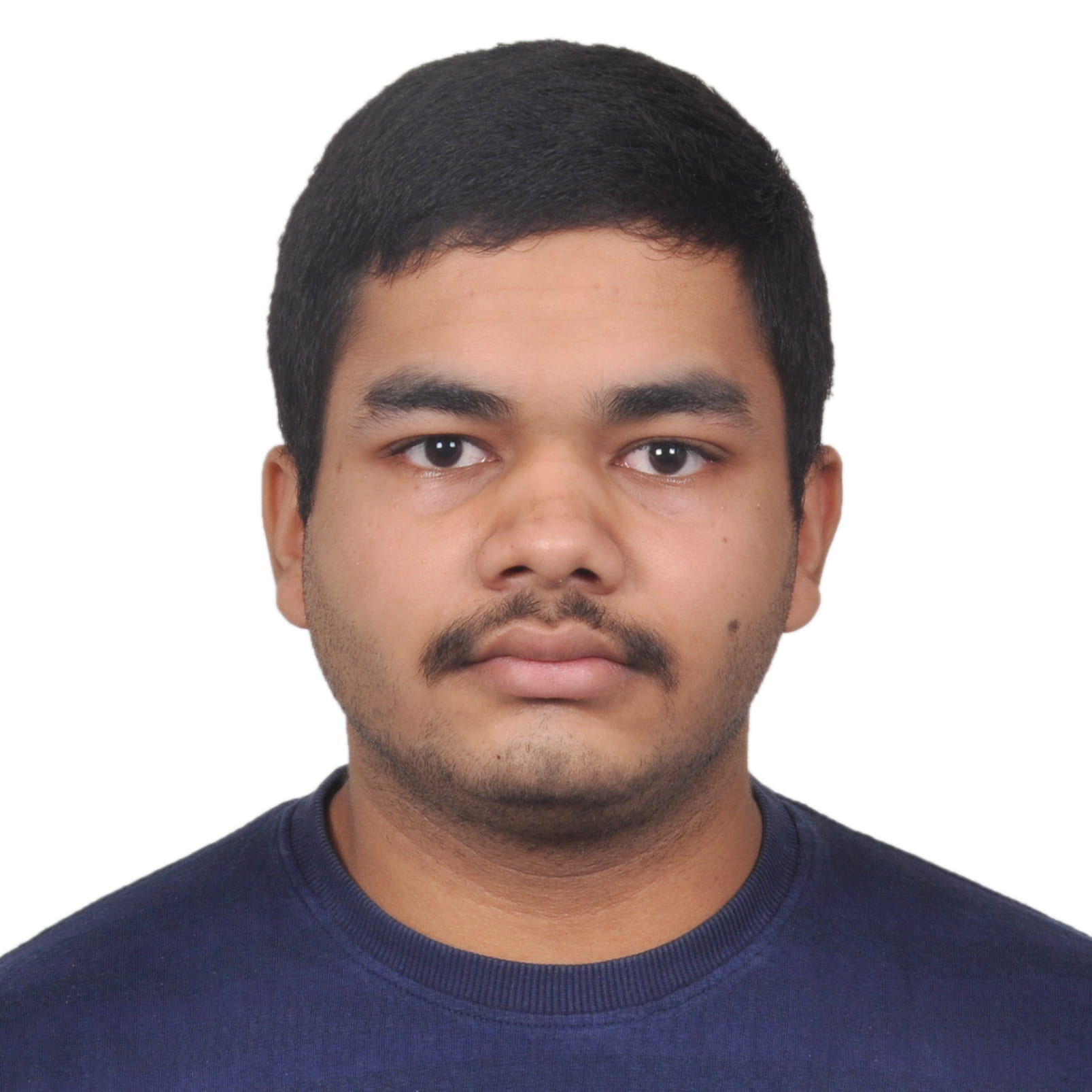
Dipesh Singla
Masters student, Harris School
I am a graduate student at the University of Chicago, pursuing my Master’s at UChicago. My research focuses on housing insecurity within the realm of democracy. I am passionate about understanding democratic processes, civic engagement, and the impact of policy decisions on society. As a Graduate Student Affiliate, I look forward to contributing to meaningful discussions and advancing our collective understanding of democratic principles.
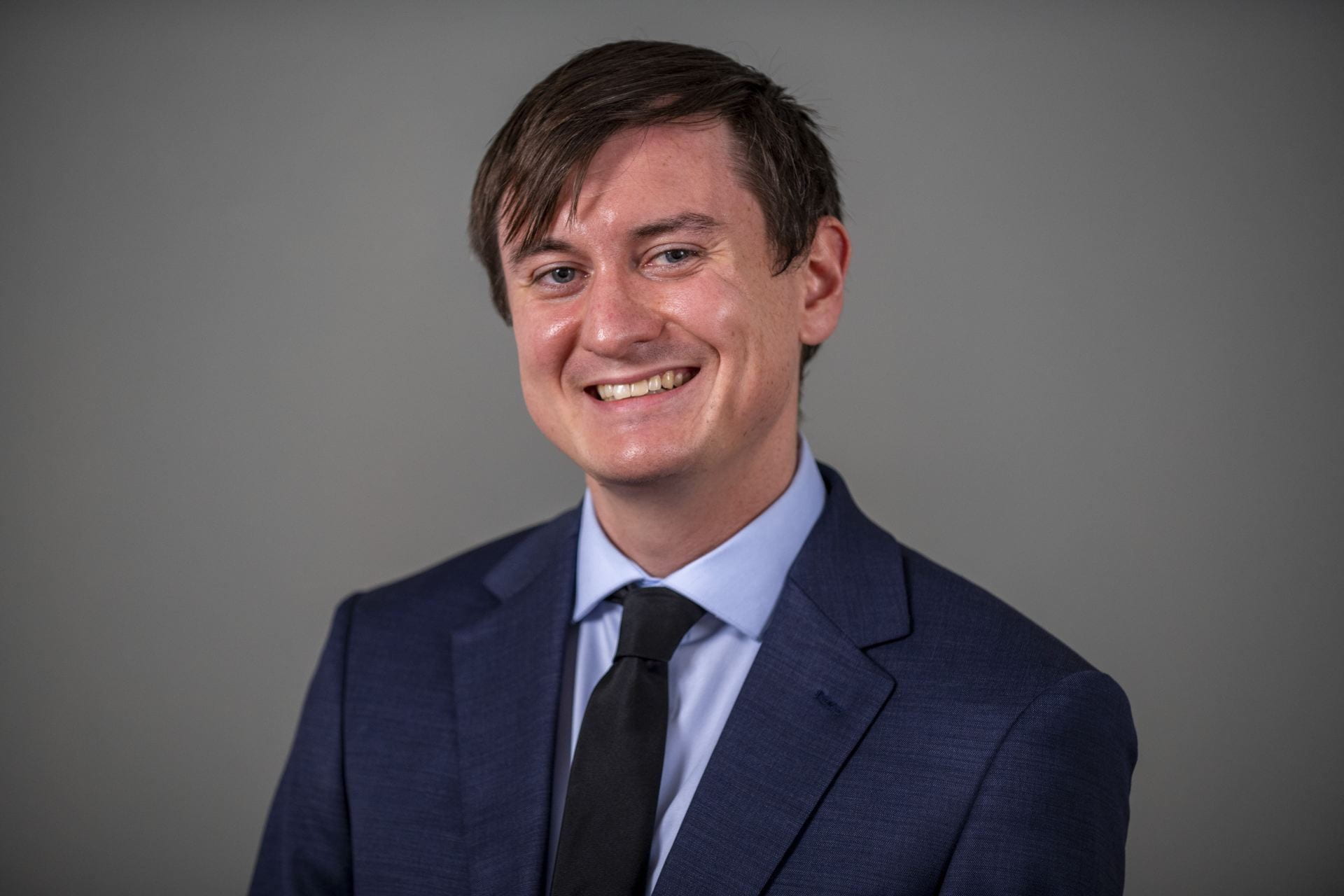
Evan Park
Masters student, International Relations
My research focuses on the comparative democratization of the post-Soviet states. Particularly, I am interested in understanding why some of these states have introduced competitive elections and developed robust civil societies while others have experienced democratic backsliding or decided against democratization entirely. From an international relations perspective, my research seeks to understand how influential states such as the United States and Russia have impacted these developments and what this means for the future of democracy in the region.
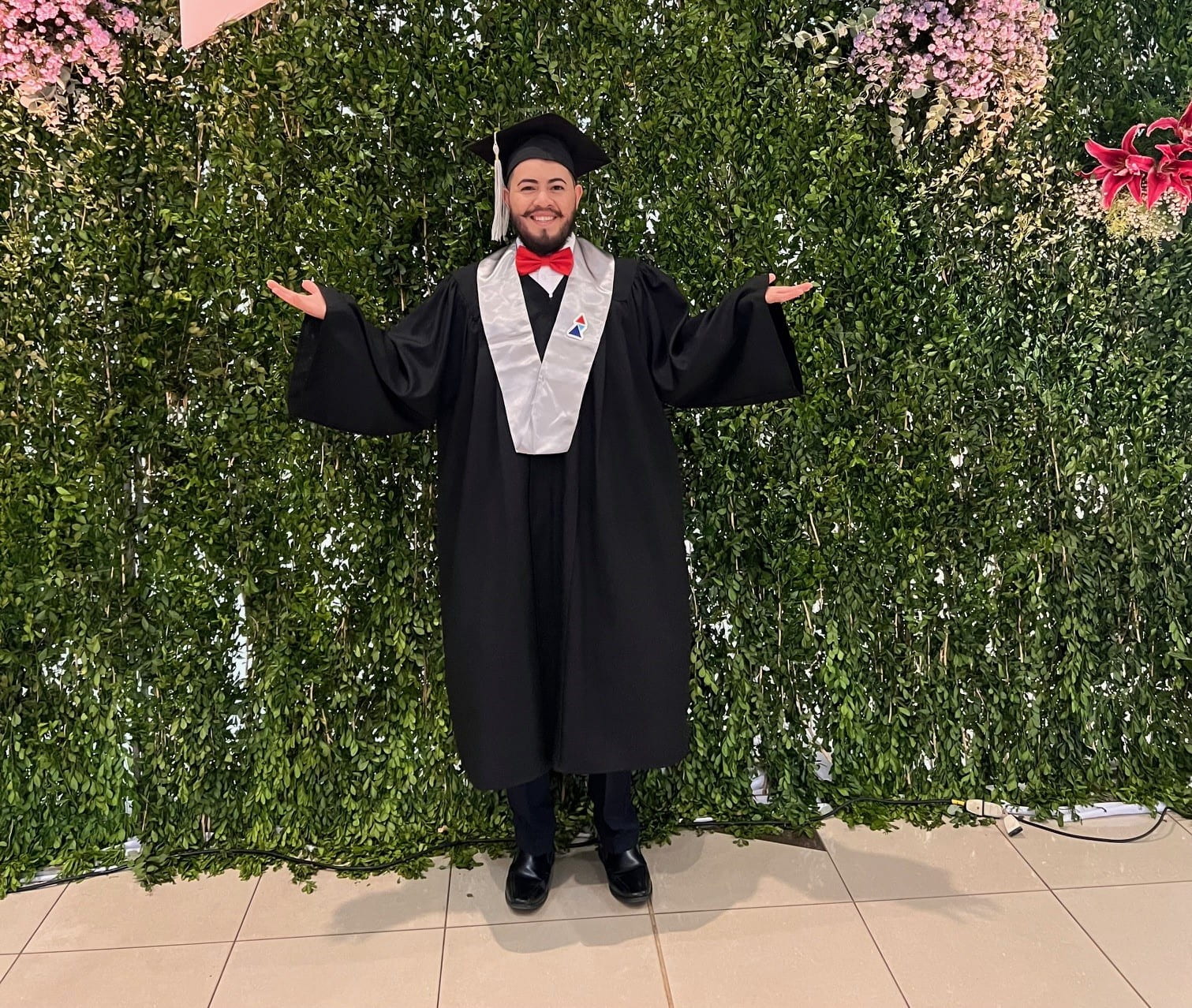
Guido Martin Roa Gimenez
Masters student, International Relations
I am passionate about authoritarian regimes’ impact on economic development in Latin America, as well as transition to democracy in the region. My research interest focuses on property right gaps and land redistribution during and post dictatorship. The historical context of democracy in Latin America is particularly interesting, specifically how colonial legacies, authoritarian regimes and social inequalities shaped the region’s political landscape. Furthermore, the region has witnessed numerous transitions from authoritarian rule to democracy. The questions remain: What are the factors and dynamics behind these transitions? What role do civil society, economic pressures, and international actors play in this transition? Democracy should not be overlooked in Latin America; it should be at the forefront of today’s research. Let’s take a closer look together and gain a deeper understanding of today’s political validity in the region.
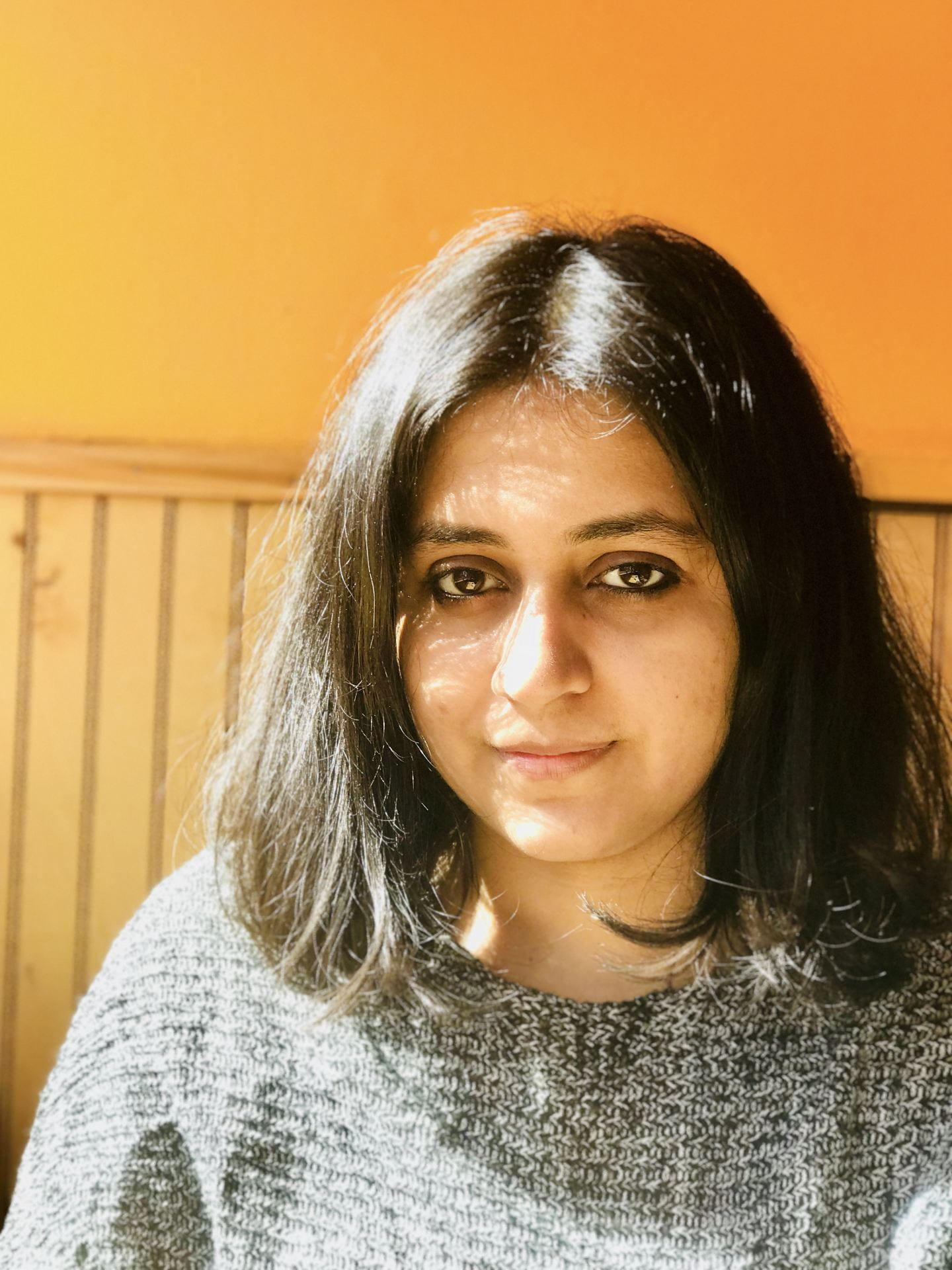
Hera Shakil
PhD student, Comparative Human Development
My research seeks to understand why growth in the middle-classes is correlated with a political culture of democratic backsliding in postcolonial global-south. Focusing on the case of present day India, I use a person centered, qualitative and bottom-up approach to understand how the Indian middle-classes develop and maintain their political cultures? What kind of political identities do they espouse and to what extent can these cultures be characterized anti-democratic? A secondary focus also aims to understand how individuals form political and ideological beliefs and how their relationship with nationalism, nationhood and geographical identity is shaped over time and what we can understand about individual political identity formation at the micro-level through these macro-level shifts in Indian politics.
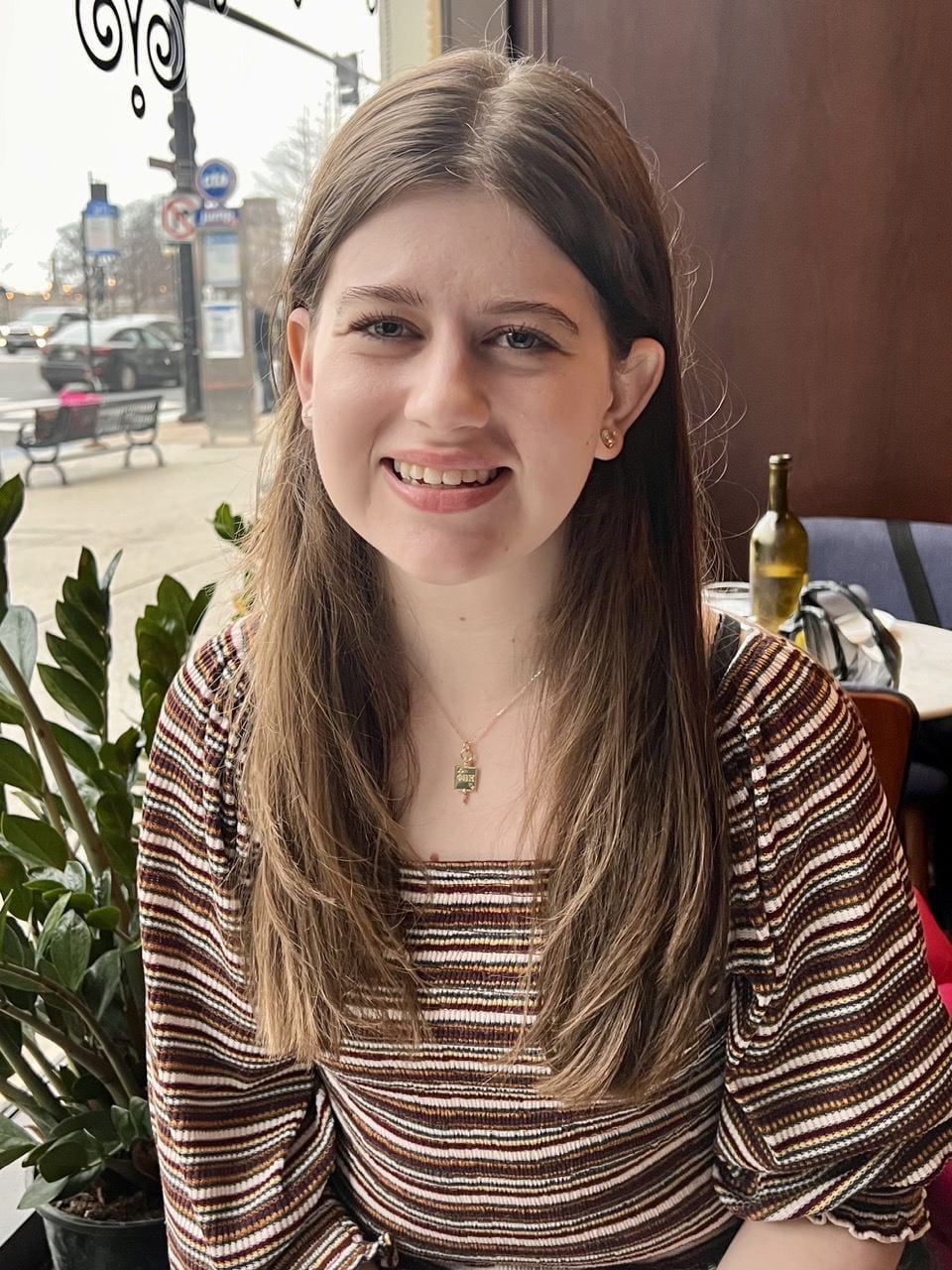
Julianne Downing
Masters student, Social Sciences
My research lies at the intersection of higher education and democracy in the United States. With the assumption that higher education is a public good, and that colleges/universities have certain responsibilities to American society, questions arise during the current anti-democratic turn. Why is higher education an important player in the pro-democracy movement of the 2020s? How are higher education institutions meeting (or failing to meet) their imperatives to protect American democracy? I look forward to exploring these and more in my MA thesis.
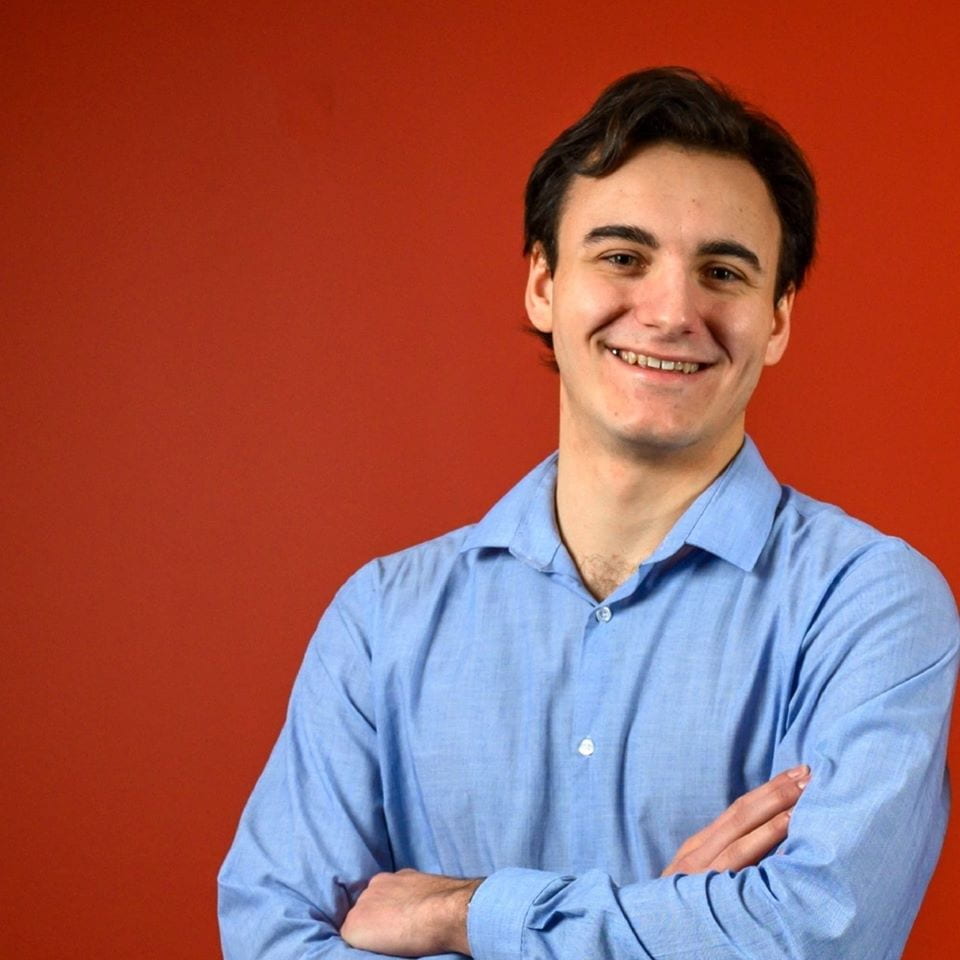
Kevin Angell
PhD student, Political Economy (Political Science and Harris School)
My research focusses on studying American political institutions at the national and subnational level, determining the impact of ordinary, non-political interactions on political processes, and seeking to develop new ways to measure and gather data on democratic activity. My current work examines the role in how government capacity impacts the success of democratic government in US states.
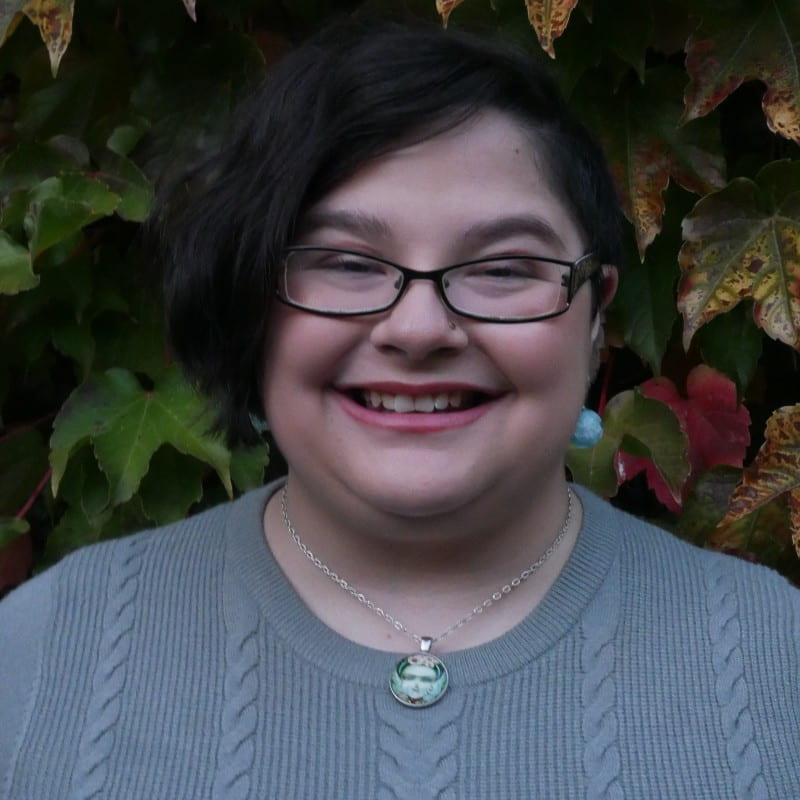
Mikhaela Andersonn
Masters student, Social Sciences
My research focus is on misinformation and the role that social media plays in democracy, sometimes in combination with each other. I specifically am interested in information-sharing, online radicalization, and what affects belief and disbelief in misinformation found online.
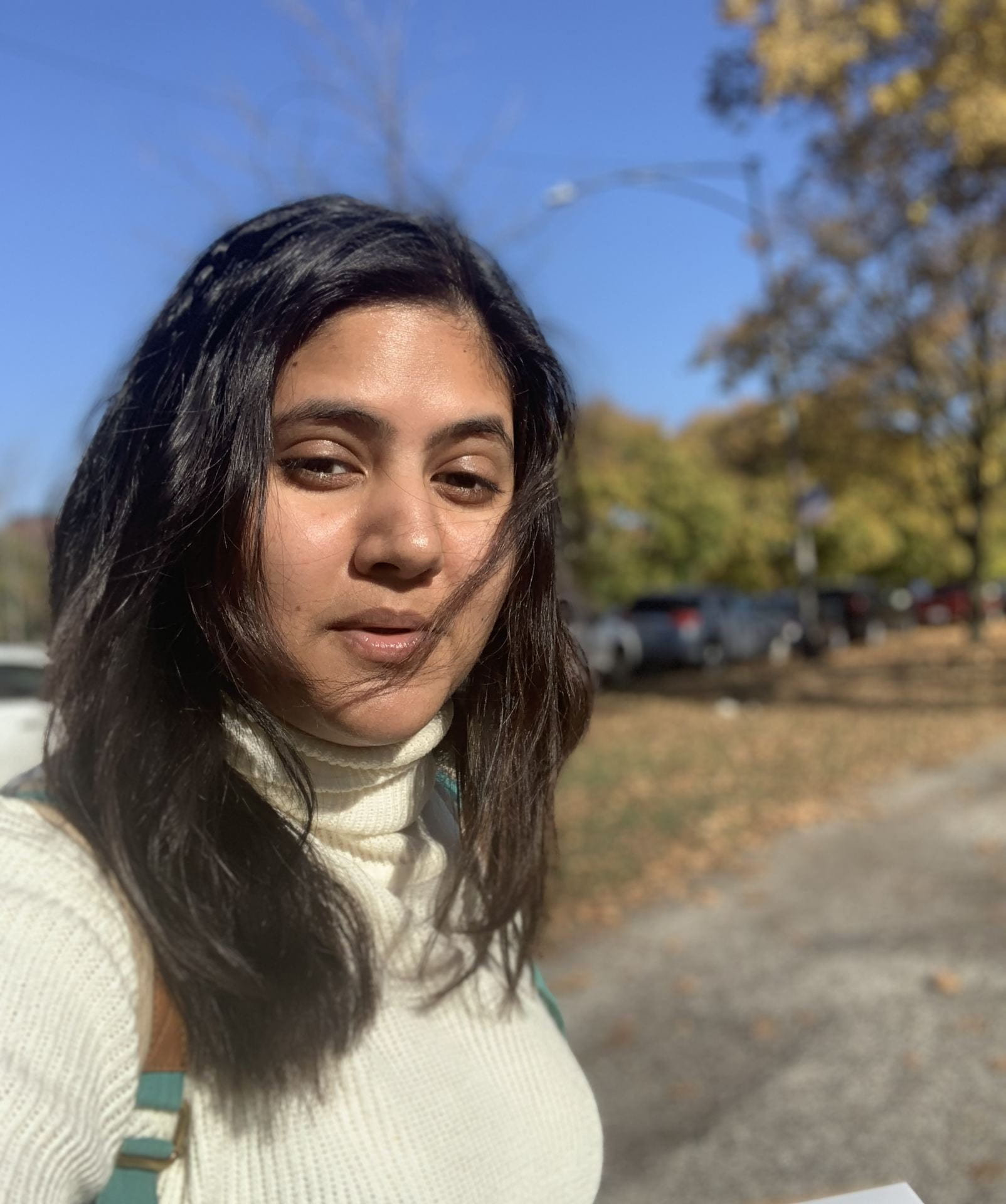
Nishita Karun
Masters student, Public Policy
The pandemic gave us a glimpse of unprecedented digital evolution. It highlighted the need for a technological ecosystem that is more adaptive to complex humane behaviors. Through a MPP with a focus on tech policy, I’m working towards the possibilities of such humane technology to increase the role of citizens in a democracy. My focus is on bionic governments that inculcate a sense of self-reliance while reducing the importance of physical voter turnouts and majoritarianism.
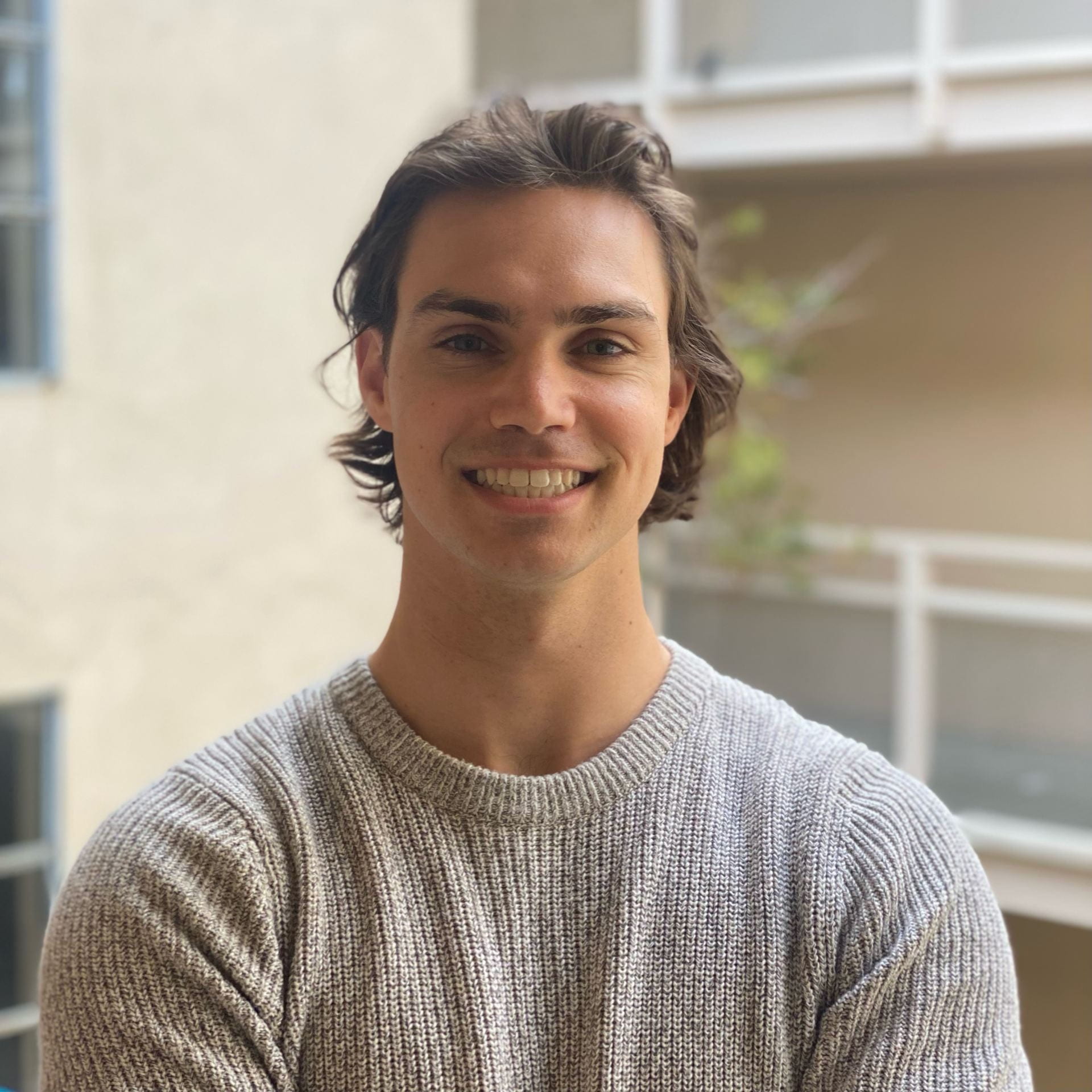
Salvatore Ingrassia
Masters student, Social Sciences
My research interests concern the epistemic dimension of American political division. I am particularly interested in how populism, institutional trust, and information ecosystems structure political knowledge and discourse. My current work explores the extent to which trust and mistrust in epistemic (i.e., knowledge-producing) institutions map on to various political fault lines within the political elite.
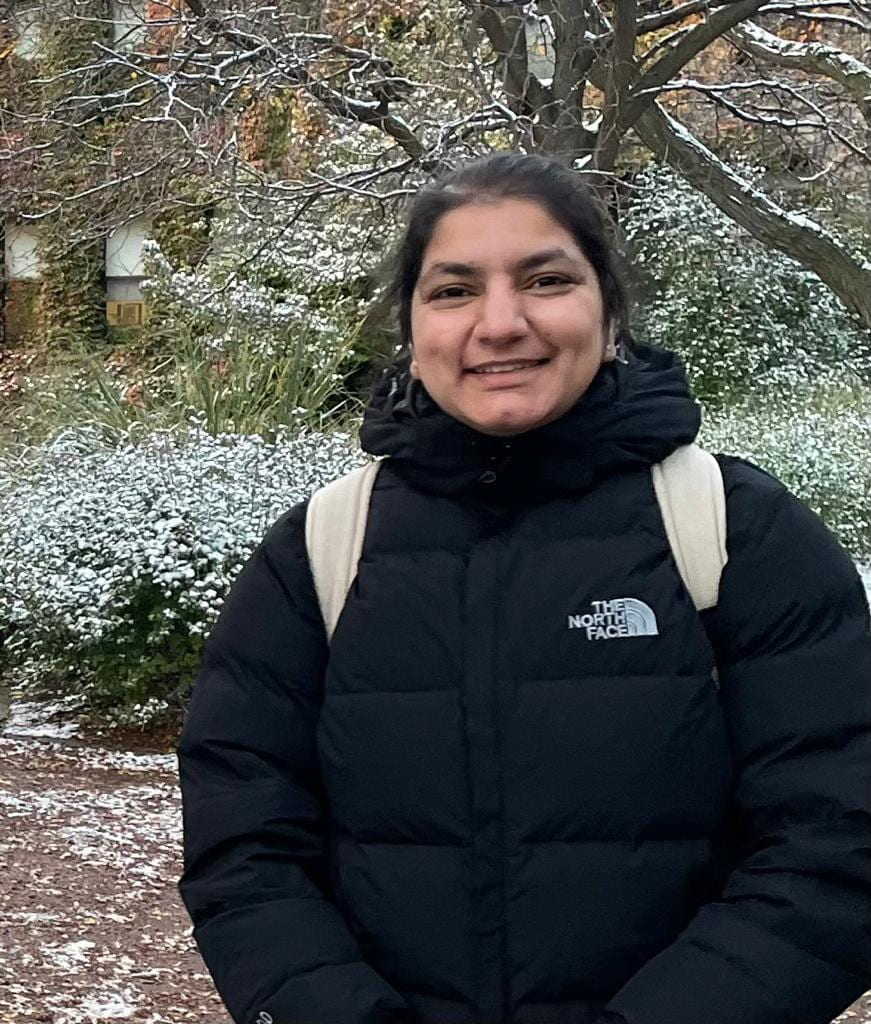
Samyojeeta Acharya
Masters student, Social Sciences
My research topic will explore the intricacies in international relations and the movement of people. How do countries manage to assess the interests of their citizens, when the citizens are constantly on the move? Especially in a World where free movement has been made so easy, does the policy and plans of the countries need to evolve accordingly?
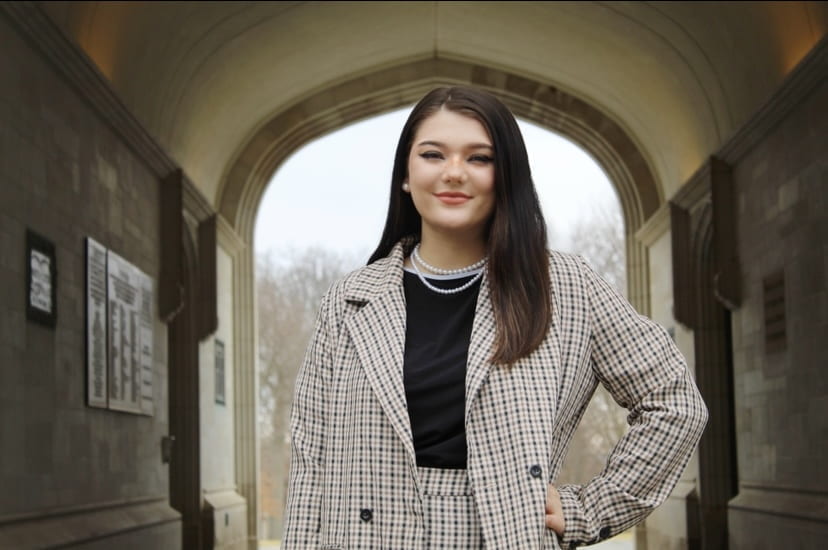
Savannah Sima
Masters student, Social Sciences
My research seeks to understand the internet’s relation to and impact on democracy in a formal electoral sense, sociopolitical sense, and phenomenological sense. I draw primarily from contemporary scholarship on digital democracy and across political theory to investigate how varied uses of the internet can impact modern elections and political behavior. I utilize a variety of cases wherein internet access has been censored, shut down, or otherwise manipulated to uncover what the power of the internet can culminate in within a given historical moment. I am currently working on organized political dissent’s connection to internet blackouts to understand how digital organizing opens new avenues for dissent while offering a potentially harmful means of surveillance.
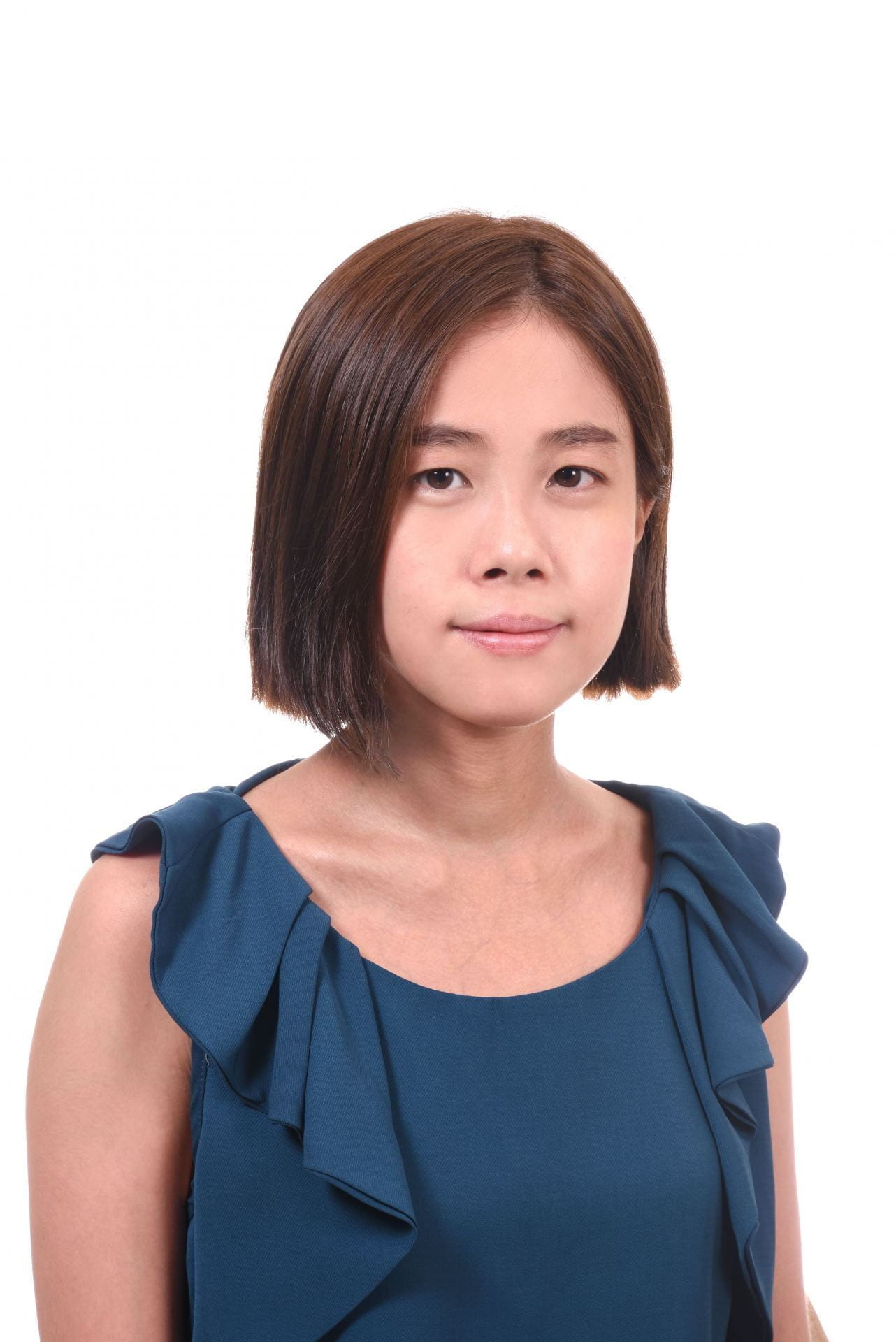
Shih-An Wang
Doctoral student, Law School
I am interested in the intersection between authoritarianism and democracy in the domain of constitutional law. My research project will examine how constitutional democracy should deal with foreign authoritarian interference. While democracy requires a certain extent of self-preservation from potential external threats, regulations on the justifications of national security or democratic integrity may impose further challenges to maintain the free and open premises of Iiberal democracy. To strike the balance between these two conflicting considerations, I plan to observe and evaluate the constitutional and legal responses adopted by Taiwan, the US, and other countries.
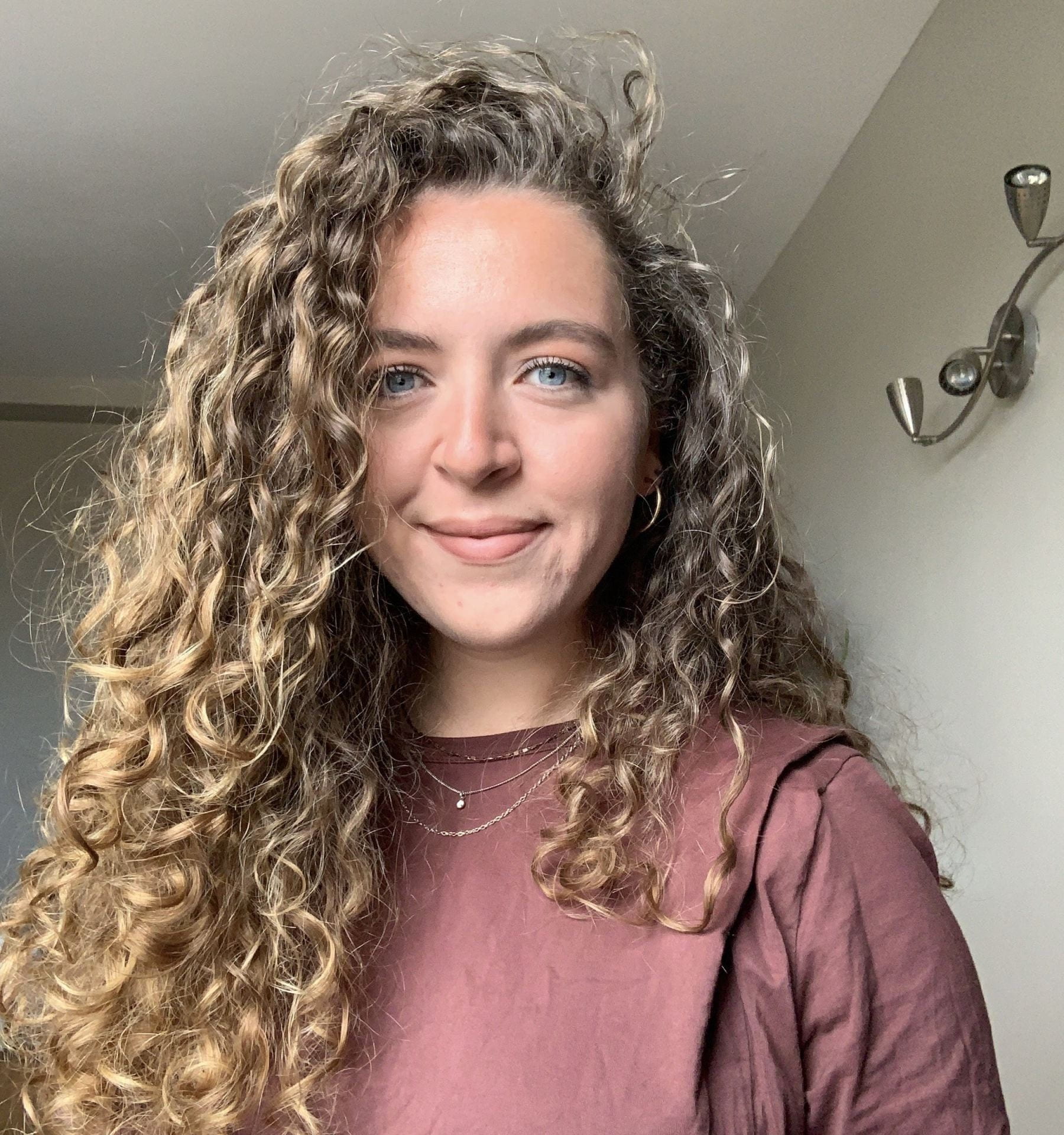
Silvia Fedi
PhD student, Political Science
Broadly, my research uses ancient Greek political throught to offer an alternative way to understand and theorize regime and regime types. I am particularly interested in how gynocracy – or rule by women – serves as the foil to ancient conceptions of democracy, and how theorizing through the ‘oddity’ of women ruling makes visible certain ways in which power operates within a state which we might take for granted or overlook when analyzing more familiar regime types.
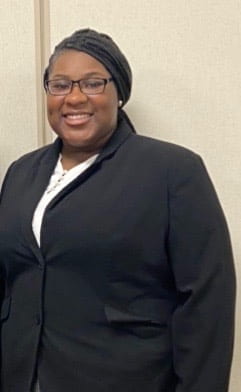
TaNiya Bellamy
Masters student, Public Policy
Most of my non-partisan work encompasses finding and ensuring that everyone has equal access to democracy. In a broader scope of things, my interests lie in public law and comparative constitutional law.
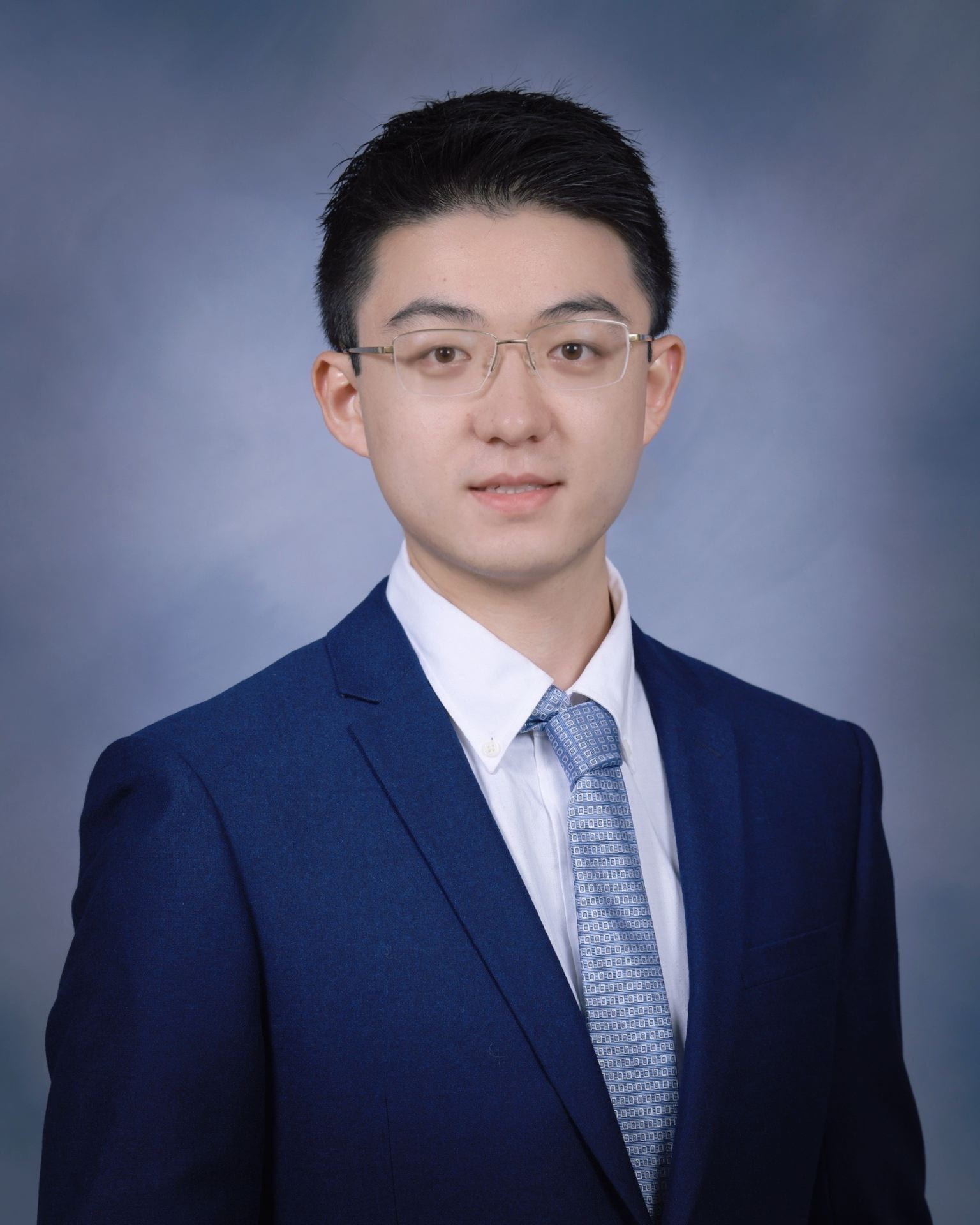
Weixiao Guo
Masters student, Social Sciences
I’m interested in authoritarian power sharing and democratic backsliding. Specifically, I seek to understand the role of informal institutions and networks in power-sharing enforcement and how information control manipulates social norms and beliefs to support nondemocracy.
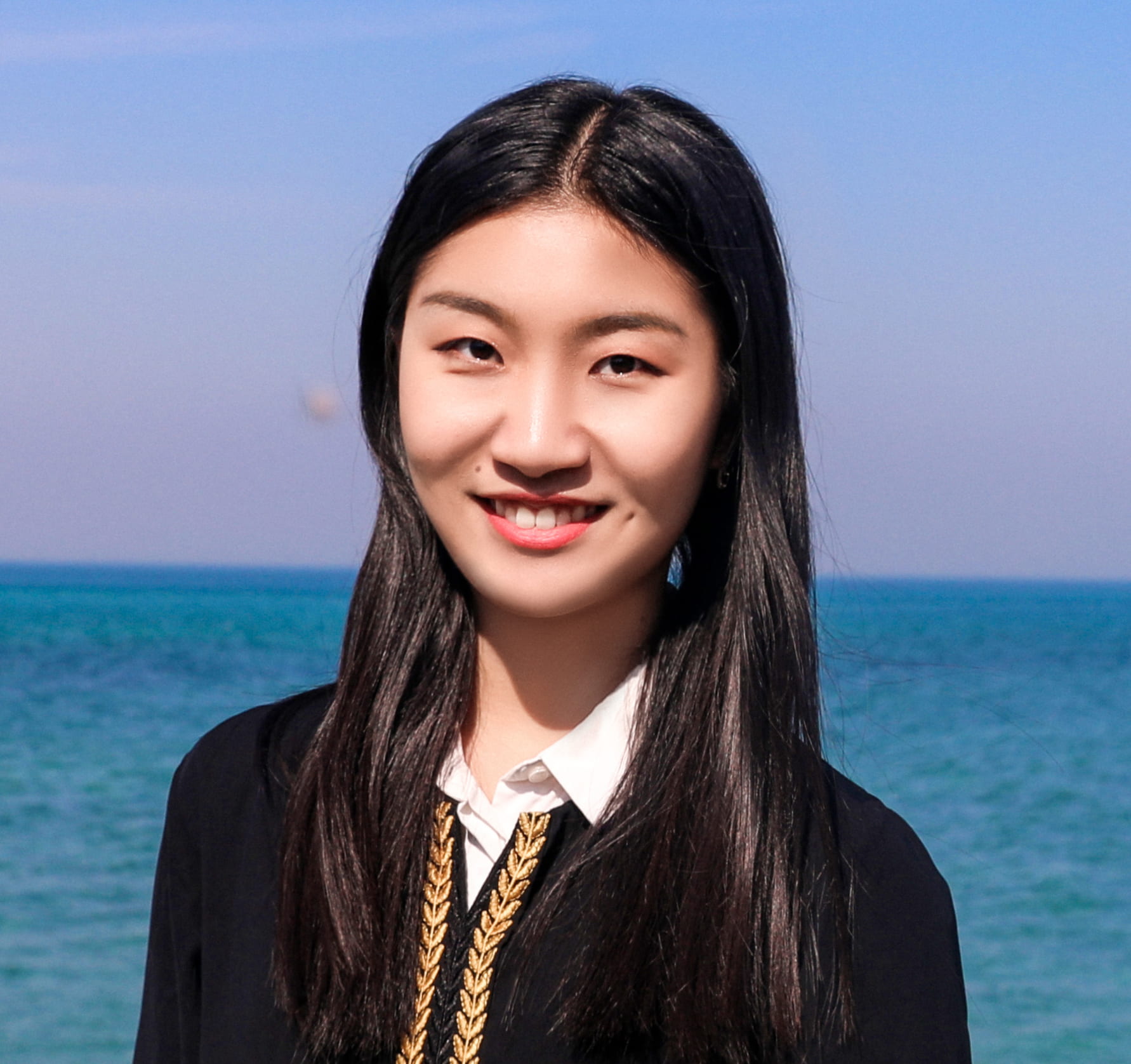
Wenting Xu
Masters student, Center for Middle Eastern Studies
I focus on democratic transitions of authoritarian regimes and development of existing democracies in the Middle East and North Africa. I currently work on the participation of Islamist political parties in democratic elections and its prospective. On the other hand, I also concern myself with the perseverance of authoritarian institutions in this region. My previous researches dive in rentier politics in Gulf monarchies. I embrace both qualitative and quantitative research methods in social sciences.

Yang Xiang
Doctoral student, Sociology
My interest is in democratic backsliding in a decentered globalism. My research focuses not only on the institutional, structural and cultural origin of de-democratization, but also studies how the crisis-talk of liberal democracy makes sense and shifts in sequences of events, from the beginning of the third wave to today. My overarching goal is processualizing and historicizing democratization.